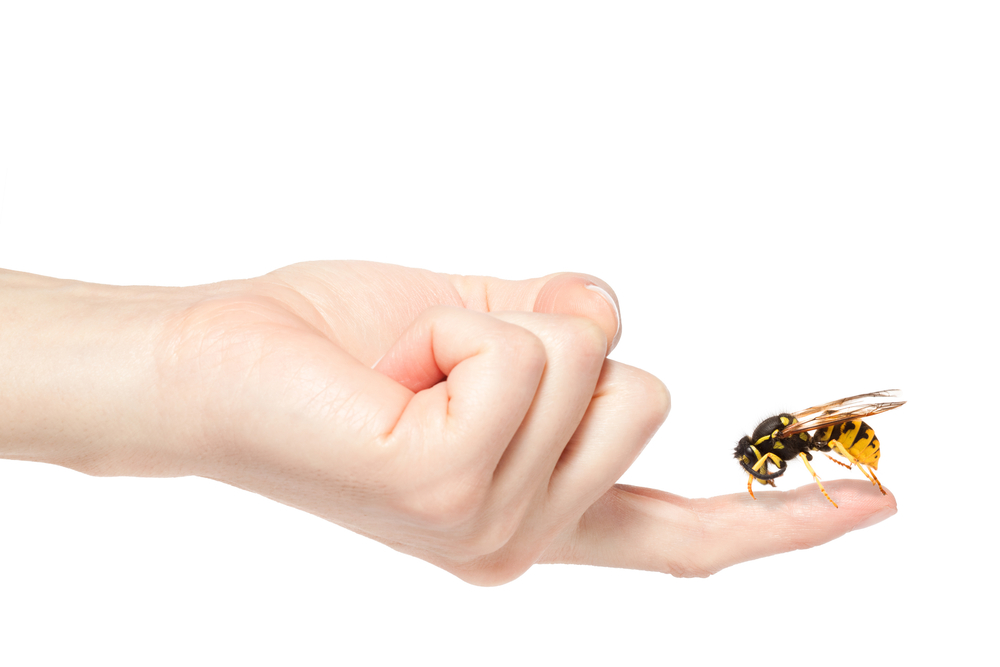DIAGNOSIS
If you’ve had a response to bee stings that suggest that you may be allergic bee venom, your doctor may request for the following tests:
- Skin testing
- Allergy testing
TREATMENT
For ordinary bee stings that don’t have serious symptoms, home treatment may be given. Various stings or more serious symptoms are medical emergencies that require immediate treatment.
Emergency treatment for allergic reactions is usually life-saving. Medicines that may be given include the following:
- Epinephrine
- Oxygen
- Intravenous antihistamines and steroids
- A beta agonist (such as albuterol) to help you breathe
An epinephrine autoinjector may be prescribed by your doctor is you are allergic to bee stings and you need to take it with you at all times.
Allergy shots or immunotherapy may also be given by your doctor.


